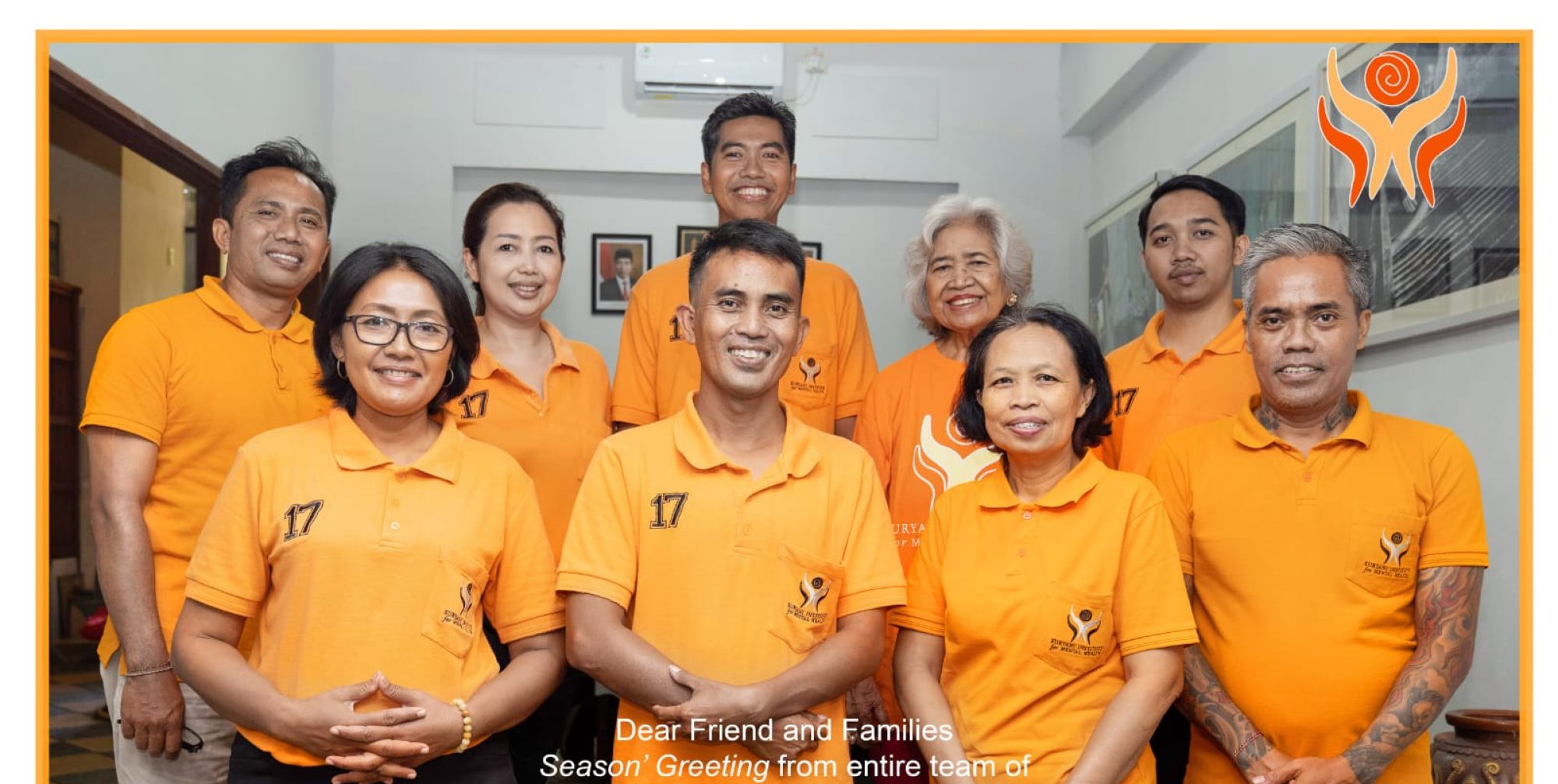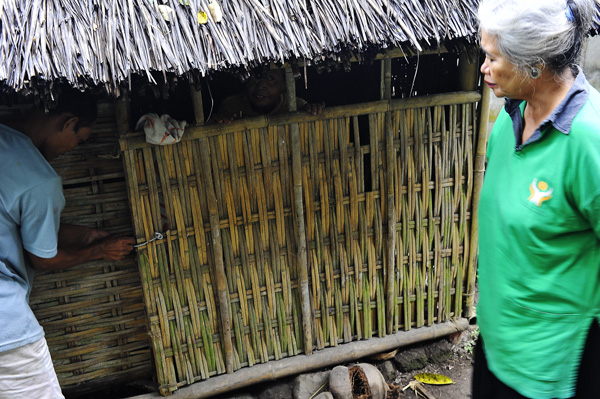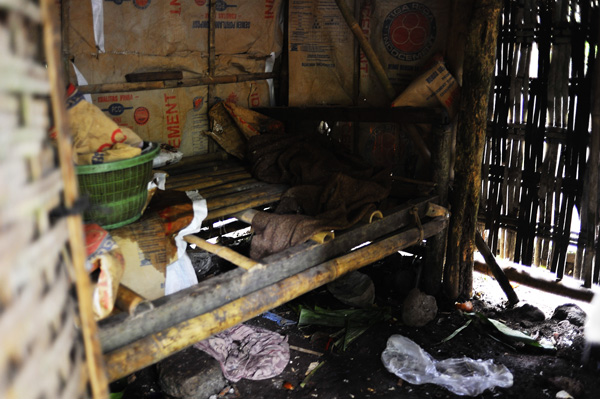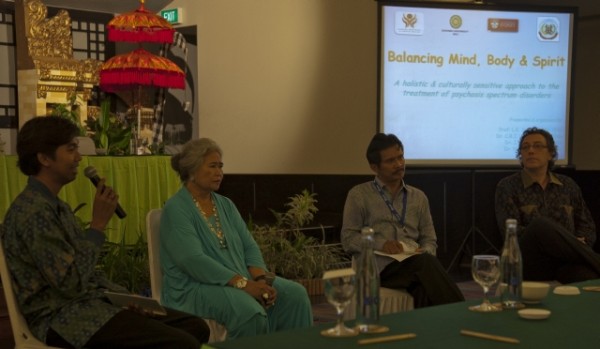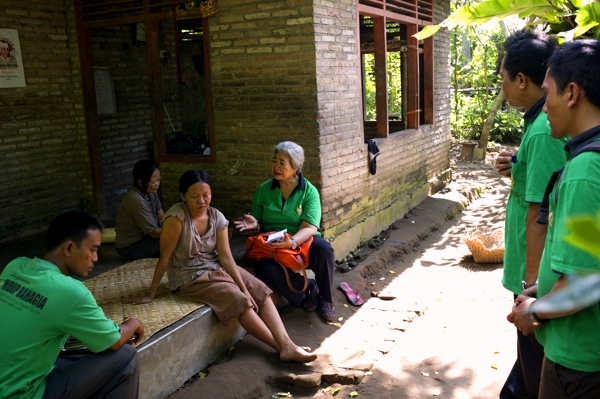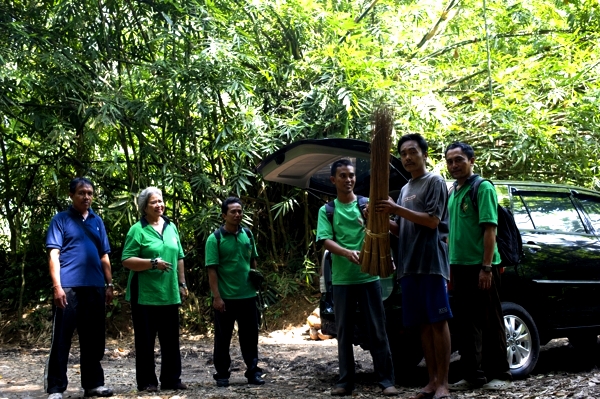Some severely mentally ill men and women are chained and secluded in their own homes in small dark rooms or metal cages for up to 30 years duration in the fabulously beautiful and spiritual island of Bali, Indonesia. They are hidden from family, villagers, and are unknown to mental health workers at community health centers.
“They are not given any sustained treatment with antipsychotic medications that could relieve their symptoms to the extent they would no longer need to be chained up and be confined in inhuman conditions” said Professor Luh Ketut Suryani as the leading psychiatrist in the island who regularly seeking for the Hidden One. No doctors see them, and most do not even know they exist. “Psychiatrists and government mental health workers deny there are any untreated severely mentally ill in all of Bali”, add Dr Cokorda Bagus Jaya Lesmana as the secretary of the Suryani Institute.
“There are 300 more patients are still hidden in the community without any treatment”, said Professor Suryani as she wish Bali’s government will willing to take a step in helping the mentally ill patients in community. The patient in confinement may live in unreal conditions. There is likely to be feces on the floor, and they sleep on a concrete floor, usually without a bed or blanket. There is no running water, and no toilet in the room or cage. Food may be given only once a day. A contrast situation in an island with glamor tourism industry.
